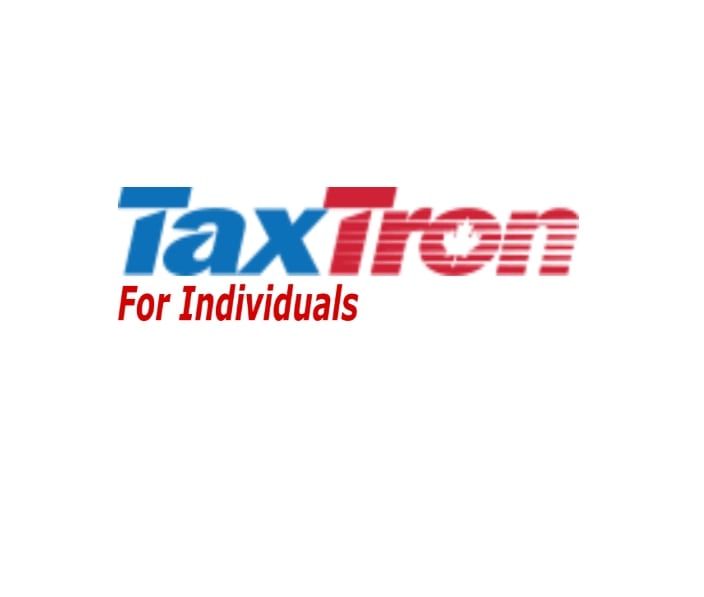When it comes to jury duty pay in Canada, including Ontario, there are specific tax implications you should be aware of. If you earn compensation for serving on a jury, the Canada Revenue Agency (CRA) requires you to report it as income. You’ll need to include it with other miscellaneous types of income, such as training allowances or trust payments, on Line 13000 – Other Income of your Income Tax and Benefit Return. However, you may also deduct certain expenses related to jury duty. For example, if you paid for parking while serving on a jury, you can deduct this expense from the juror’s fees that you are reporting as income. Just remember not to deduct any expenses for which you were reimbursed.
What is the daily allowance for jurors in Ontario?
In Ontario, jurors receive a daily allowance for their service. The amount of this allowance depends on the length of the trial and whether or not the juror is required to stay overnight. The base rate for trials in Ontario lasting 1-49 days, the jurors will receive $40 per day and if a juror must stay overnight due to the trial’s duration, the daily allowance can increase to $100 per day . For longer trials (typically criminal cases), the payment increases to $100 per day from day 50 onward. Unfortunately, the employers are not legally required to pay employees while they’re on jury duty, although they are required to give time off for jury duty. Please be advised that the figures mentioned here were accurate at the time of writing, so always verify the current rates and guidelines with your respective jurisdiction if you’re called for jury duty.
How should jurors report jury duty pay and expenses?
The jurors will receive the Statement of Pension, Retirement, Annuity, and other Income - T4A Form from their respective provincial governments. The slip identifies amounts paid during the calendar year for various types of income from different sources such as jury duty. Jurors can deduct eligible expenses, such as parking charges, from their jury pay. These deductions help offset the taxable portion of their juror fees. The net income is then reported on Line 13000-Other Income of the taxpayer’s T1 Income Tax and Benefits Return.
How should Janice report her jury duty income and expenses?
Let’s look at an example: Janice served on a jury for 30 days in Ontario. Her daily allowance for jury duty was $40 per day. Janice incurred $20 per day in parking expenses while attending jury duty. Janice’s total income from jury duty would be $1200 ($40 x 30). After deducting her $600 parking expenses ($20 x 30), Janice will enter her net income of $600 as other income on Line 13000.
For further information please contact Taxtron Support at 416-491-0333 or visit www.taxtron.ca
Posted on07 May 2024










